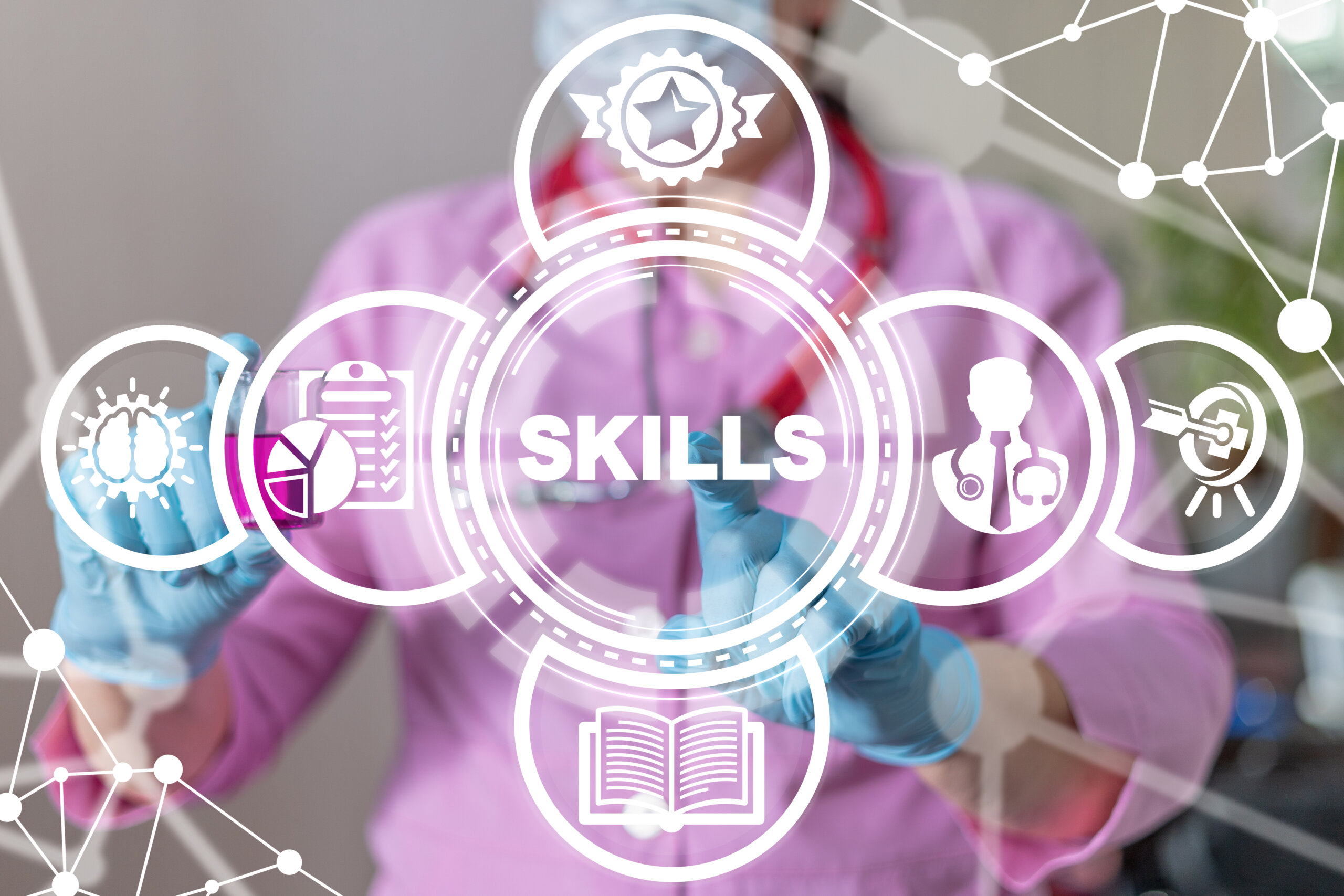Mastering Clinical Skills: How to Practice at Home Effectively

Becoming proficient in clinical skills is a fundamental aspect of nursing education, and while much of the learning occurs in healthcare settings, there are valuable ways to enhance your skills from the comfort of your home. Whether you’re a nursing student, a recent graduate, or a seasoned professional looking to refine your abilities, this guide will provide practical insights on effectively practicing clinical skills at home.
Creating a Home-Based Learning Environment
1. Gather Necessary Supplies:
- Assemble essential supplies such as a stethoscope, blood pressure cuff, thermometer, and other tools specific to your area of practice. Ensure you have a designated space where you can organize and access these materials easily.
2. Utilize Simulation Tools:
- Invest in clinical simulation tools that mimic real-life scenarios. From virtual patient simulators to task trainers, these tools can provide a hands-on experience and help you refine your skills.
Online Resources and Learning Platforms
3. Virtual Clinical Experiences:
- Explore virtual clinical experiences offered by educational platforms. These programs allow you to engage in realistic patient care scenarios, enhancing your decision-making skills and critical thinking.
4. Online Modules and Courses:
- Enroll in online modules or courses that focus on specific clinical skills. Many platforms offer interactive content, video demonstrations, and assessments to reinforce your learning.
Practical Exercises at Home
5. Self-Practice Techniques:
- Practice fundamental skills on yourself, such as taking your blood pressure, assessing your pulse, or practicing aseptic techniques. This self-directed approach can deepen your understanding of the procedures.
6. Role-Playing Scenarios:
- Enlist the help of family members or friends to role-play patient scenarios. This interactive approach allows you to apply your skills in a dynamic environment and receive constructive feedback.
Reflective Learning and Assessment
7. Video Recordings:
- Record yourself while practicing clinical skills. Reviewing video recordings can provide valuable insights into your technique, allowing you to identify areas for improvement.
8. Self-Assessment Checklists:
- Develop self-assessment checklists for each skill you are practicing. Use these checklists to systematically evaluate your performance and track your progress over time.
Staying Connected with Peers and Mentors
9. Virtual Study Groups:
- Join virtual study groups or forums where you can discuss clinical cases, share experiences, and learn from your peers. Collaboration in a virtual space can simulate the team dynamics encountered in healthcare settings.
10. Online Mentorship Programs:
- Seek out online mentorship programs or connect with experienced professionals who can provide guidance and insights. Virtual mentorship can be a valuable resource for honing your clinical skills.
Conclusion: A Holistic Approach to Skill Development
Mastering clinical skills is a continuous journey that goes beyond the walls of a traditional clinical setting. By incorporating these home-based practices into your routine, you can enhance your competence, boost your confidence, and reinforce your commitment to providing high-quality patient care. Remember, the path to mastering clinical skills is a dynamic and lifelong process, and each intentional practice at home contributes to your growth as a skilled and compassionate healthcare professional.
